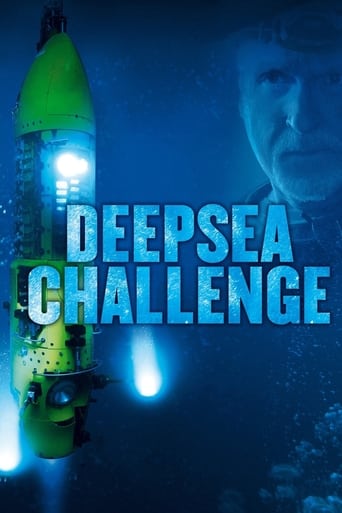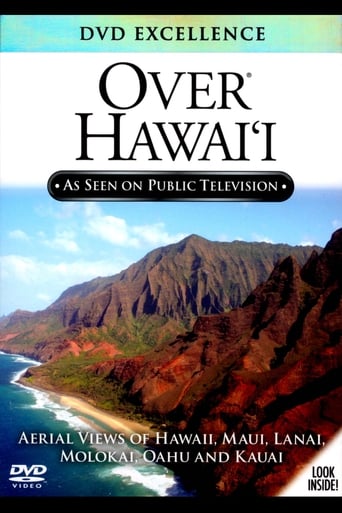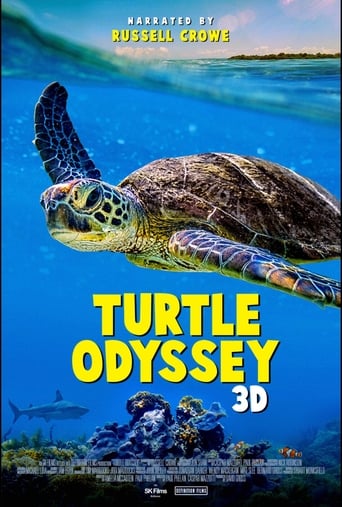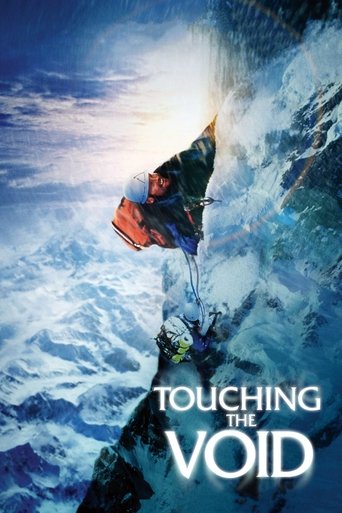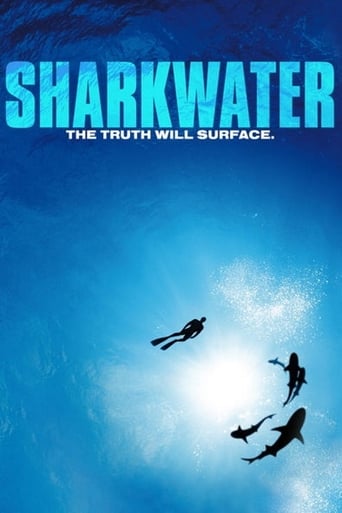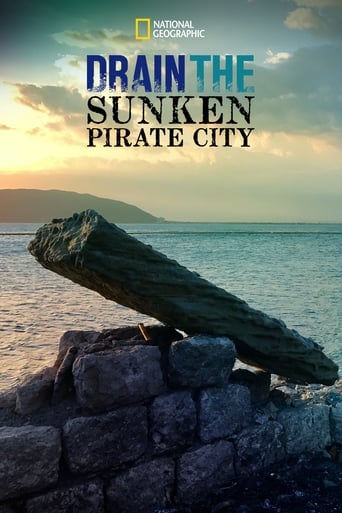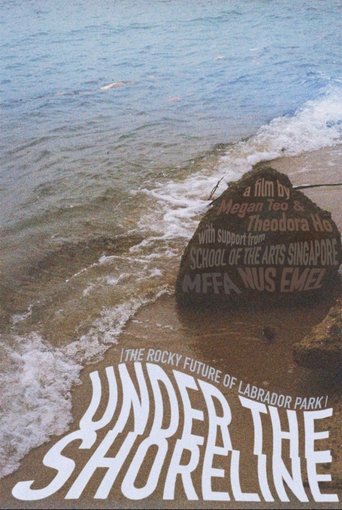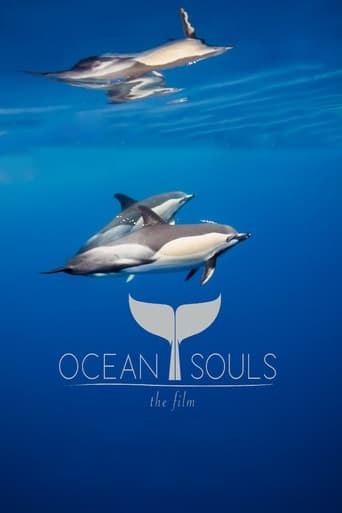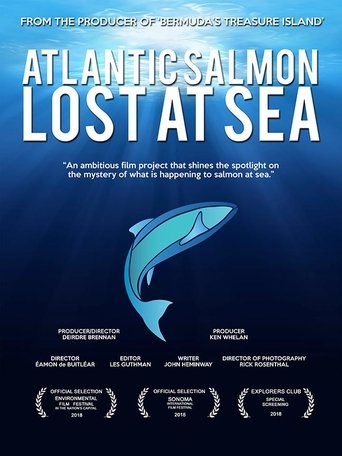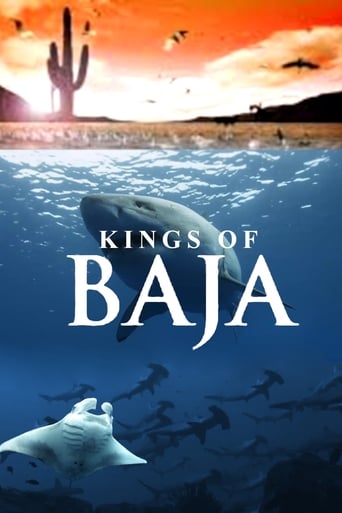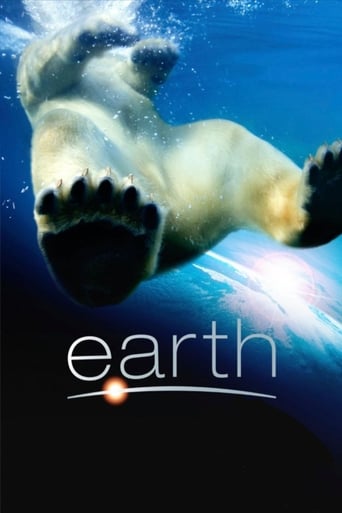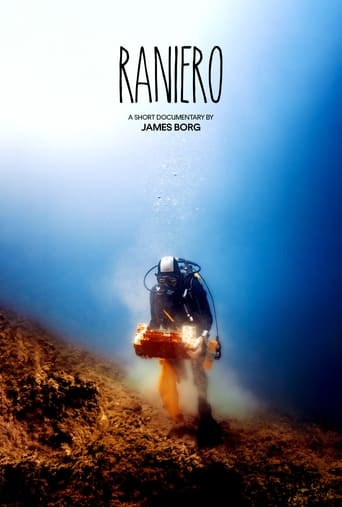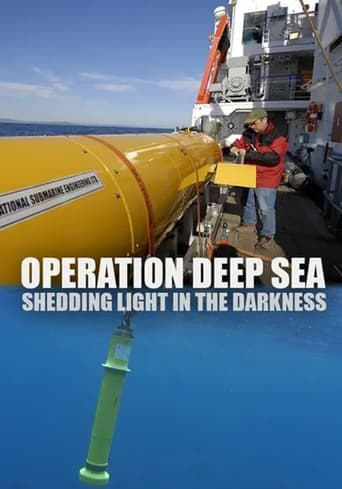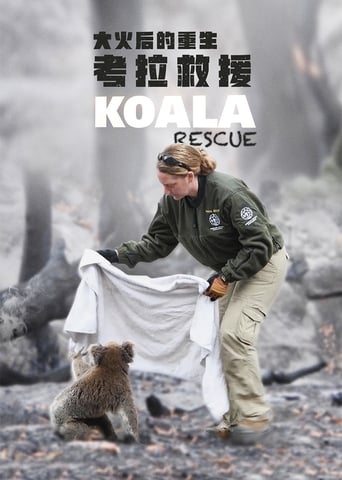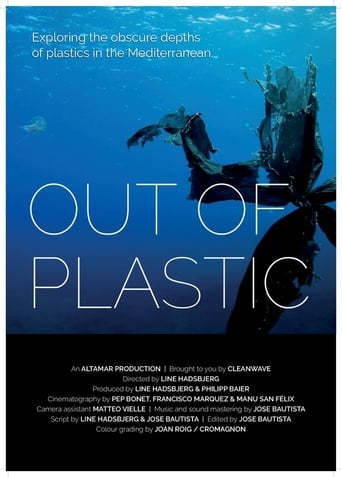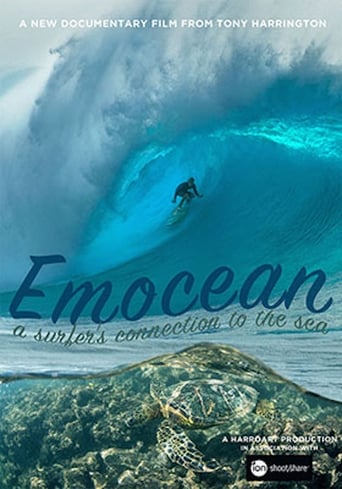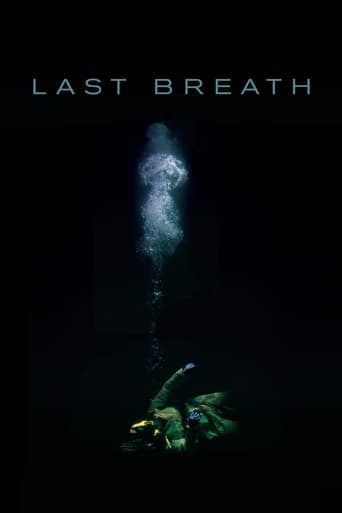
Last Breath (2019)
A commercial diver is stranded on the seabed with only five minutes of oxygen supply, but with no chance of rescue for more than 30 minutes. With access to amazing archival footage, this is the true story of one man’s impossible fight for survival.
- Alex Parkinson
- Richard Da Costa
- Richard Da Costa
- Alex Parkinson
Rating: 7.6/10 by 93 users
Alternative Title:
最后的呼吸 - CN
Au bout du souffle - FR
Le survivant des abysses - FR
Country:
Belgium
Sweden
United Kingdom
Language:
English
Runtime: 01 hour 25 minutes
Budget: $0
Revenue: $0
Plot Keyword: rescue, scotland, ocean, underwater, diver, diving accident, deep-sea dive, underwater rescue
**_A great story powerfully told_** > _The great depths of the ocean are entirely unknown to us; soundings cannot reach them. What fanes in those remote depths, what beings live twelve or fifteen miles beneath the surface of the waters, what is the organisation of the animals we can scarcely conjecture?_ - Jules Verne; _Twenty Thousand Leagues Under the Sea_ (1870) Aside from space, there can be no working environment as potentially dangerous, perilously exacting, and psychologically isolating as the ocean floor. Colloquially known as "doing sat", saturation diving is a technique to reduce decompression sickness amongst divers who work at great depths for long periods. Living in either an onboard pressurised capsule or a self-sustaining pressurised underwater habitat, divers breathe a helium-oxygen mix that prevents nitrogen narcosis, transferring to and from the work site via a pressurised diving bell. Written by Alex Parkinson, and directed by Parkinson and Richard Da Costa, _Last Breath_ is the latest in the man vs. nature subgenre of documentary filmmaking. Using a mixture of talking head interviews, black box footage, camcorder material, and excellently mounted reconstructions, the film plays like an underwater survival thriller. And although the directors' insistence on building to a predictable and overly manipulated pseudo-twist undermines the seriousness of the material somewhat, with the story needing no such embellishment, this is still a superbly realised film; tense and fascinating, informatively dealing with a subject about which the vast majority of people will know next-to-nothing. September 18, 2012; the commercial engineering ship _Bibby Topaz_ is 115 miles off the coast of Scotland in the North Sea, assigned with testing the safety of a drilling manifold in the Huntington Oil Field. Descending in the diving bell are the relatively inexperienced Chris Lemons, the stoic David Yuasa (so much so, his nickname is "Vulcan"), and Lemons's mentor and father-figure Duncan Allcock. As the men descend, the _Topaz_ is hit with bad weather, although not bad enough to cancel the dive (with dive supervisor Craig Frederick explaining, "_we were at the limits of diving, but it wasn't undivable_"). As Lemons and Yuasa begin working, Allcock remains in the bell to feed out the divers' "umbilicals"; a mass of cables that brings them warm water, light, and oxygen, and keeps them connected to the _Topaz_'s computer and AV systems. At a depth of 300 feet, in pitch blackness, with ten times atmospheric pressure and temperatures just above freezing, without an umbilical, a diver can't last long. With the Topaz locked into position by its Dynamic Positioning (DP) system, everything is going well until the system inexplicably fails, something no one on the boat had ever seen happen. With winds now reaching 35 knots, causing 18-foot swells, the Topaz quickly begins to drift out of position, dragging the bell with it, which in turn drags the men via their umbilicals. Frederick immediately orders Lemons and Yuasa back to the bell, but Lemons's umbilical snags on the manifold, and after being pulled taut, eventually snaps. With only five minutes of emergency oxygen in his reserve tanks, and cut off from all contact with the bell and the surface, his crewmates are horrified to realise it will take them at least 30 minutes to return to their position and try to find him. That's if they can even regain control of the Topaz's DP at all. Although the talking head interviews are a little flat, the rest of _Last Breath_ looks great, with the reconstructions so well done (it helps that the actual participants play themselves) that they blend seamlessly with the footage shot from the divers' helmet-cams and the _Topaz_'s cameras. The film opens with "first-person" camcorder footage of Lemons giving a tour of the _Topaz_, explained naturally insofar as he and his fiancée, Morag Martin, tended to send one-another videos rather than writing emails or letters. This inculcates the audience immediately into the _milieu_, insofar as Lemons is literally explaining the workings of the job, especially important in introducing the concept of saturation diving. Once the repair begins, the film adopts an almost pseudo-science-fiction tone, with the foregrounding of unfamiliar equipment and complex ship computer systems, reminding me of something like James Cameron's _The Abyss_ or George P. Cosmatos's _Leviathan_ (both 1989). Also aesthetically important is the score by Paul Leonard-Morgan (_Limitless_; _Dredd_). Is he aping Hans Zimmer? Absolutely. But there are worse composers to emulate, and it's still an extremely effective score, a little overwrought in places, but it does its job admirably, especially in a scene which sees Yuasa set out to try to find Lemons, with Parkinson and Da Costa using Yuasa's narration over shots of each interviewee silently reflecting on the incident, and Morgan's evocative score swelling in the background. The film's structure is both its greatest strength and, perhaps, it's most significant failing. It's difficult to discuss this aspect without spoilers, but essentially, Parkinson and Da Costa introduce a twist of sorts in the last act, and the documentary then literally rewinds to give us the perspective of an interviewee we haven't seen up to this point. It's both an interesting and irritating technique; interesting insofar as you don't usually see that kind of structural trickery in a documentary, irritating because it's wholly unnecessary. The directors would have been better served to simply trust in the strength of their story, which is more than able to stand on its own, _sans_ embellishments. And although it isn't as damaging as a similar example in Tim Wardle's _Three Identical Strangers_ (2018), primarily because the surrounding material is handled more competently, with less crass emotional manipulation, it is nevertheless an ill-advised technique to introduce in a form supposed to eschew sensationalism and narrative chicanery. This is compounded by the fact that it's easy to see it coming, and anyone who spends more than 20 seconds looking into the film will have the twist spoiled, rendering it pointless at best, distracting at worst; running the risk of lessening the impact of the psychological effects that the incident had on the people involved. On the other hand, there's no denying that the structure adds to the mounting tension, I'm just not 100% convinced that the trade-off is worth it. This misstep notwithstanding, _Last Breath_ is an excellent piece of documentary filmmaking. Although it's not quite up to the dizzying standards of something like Kevin Macdonald's _One Day in September_ (1999) or _Touching the Void_ (2003), José Padilha's _Ônibus 174_ (2002), or Chris Martin's _Under the Wire_ (2018), there's still a lot to recommend it. Combining elements of the survival documentary subgenre with the aesthetic tropes of the submarine/submersible movie, the film admirably conveys what for these men is a normal working day; claustrophobia, isolation, an unforgiving environment. Cogently depicting the very strong bonds that form in such circumstances, the film presents a group of very likeable people who have as much respect for one another as they do reverence for the ocean in which they ply their trade. In one respect, it's a story of blue-collar solidarity, in another, it's a slick thriller. Providing plenty of material for the audience with which to empathise, _Last Breath_ is as worth checking out for its quieter human elements as it is for its grandiose struggle against-the-odds storyline.


